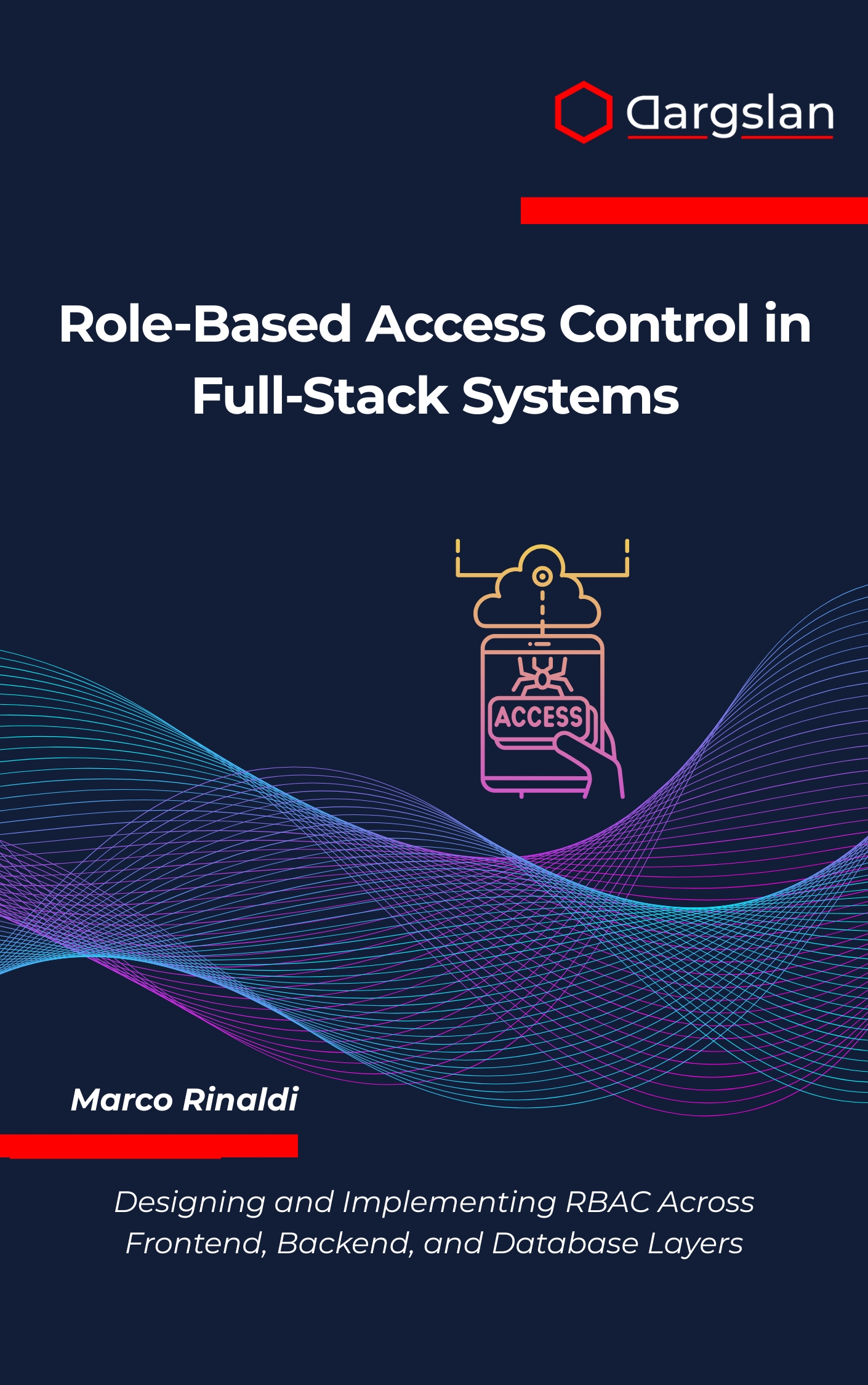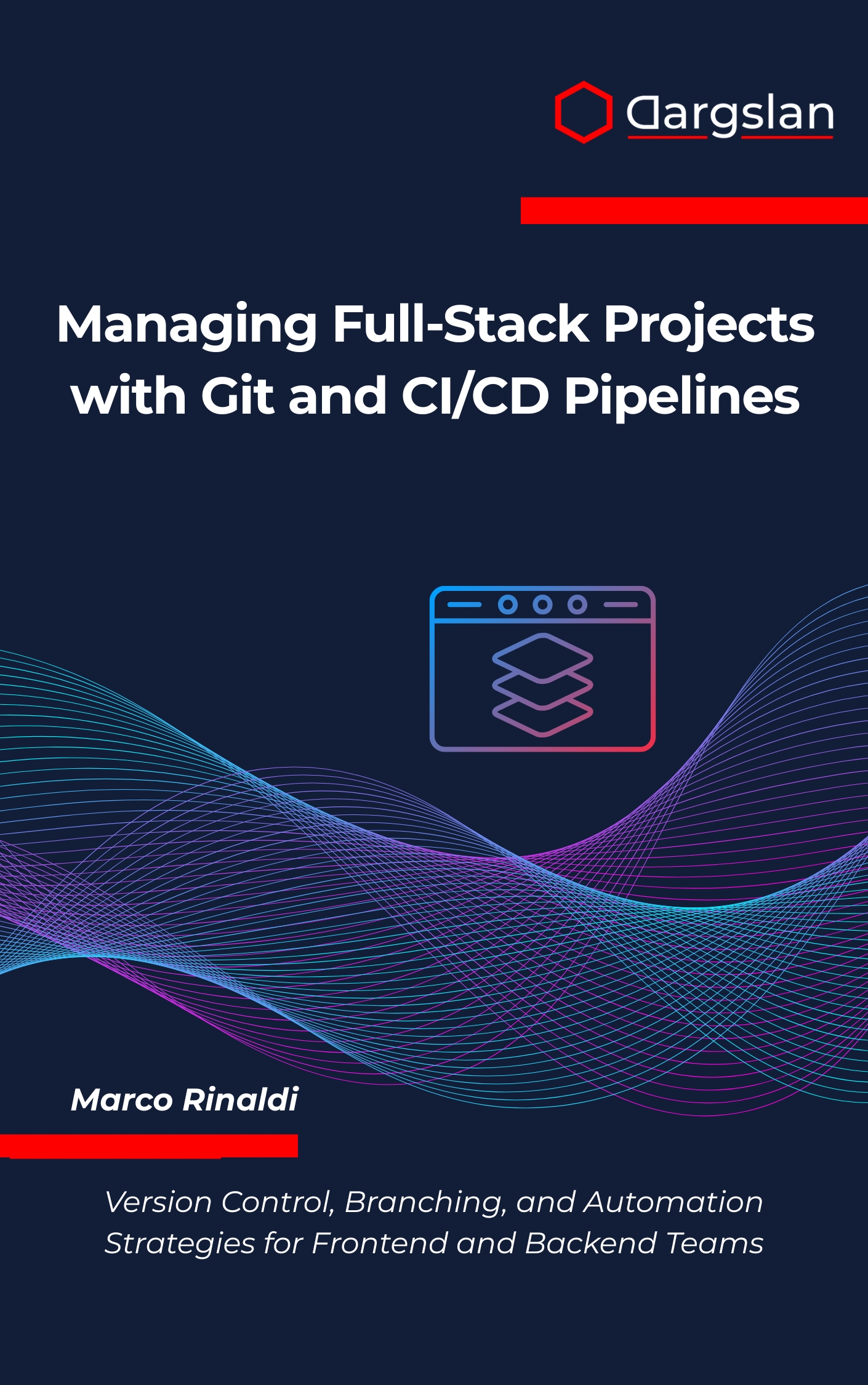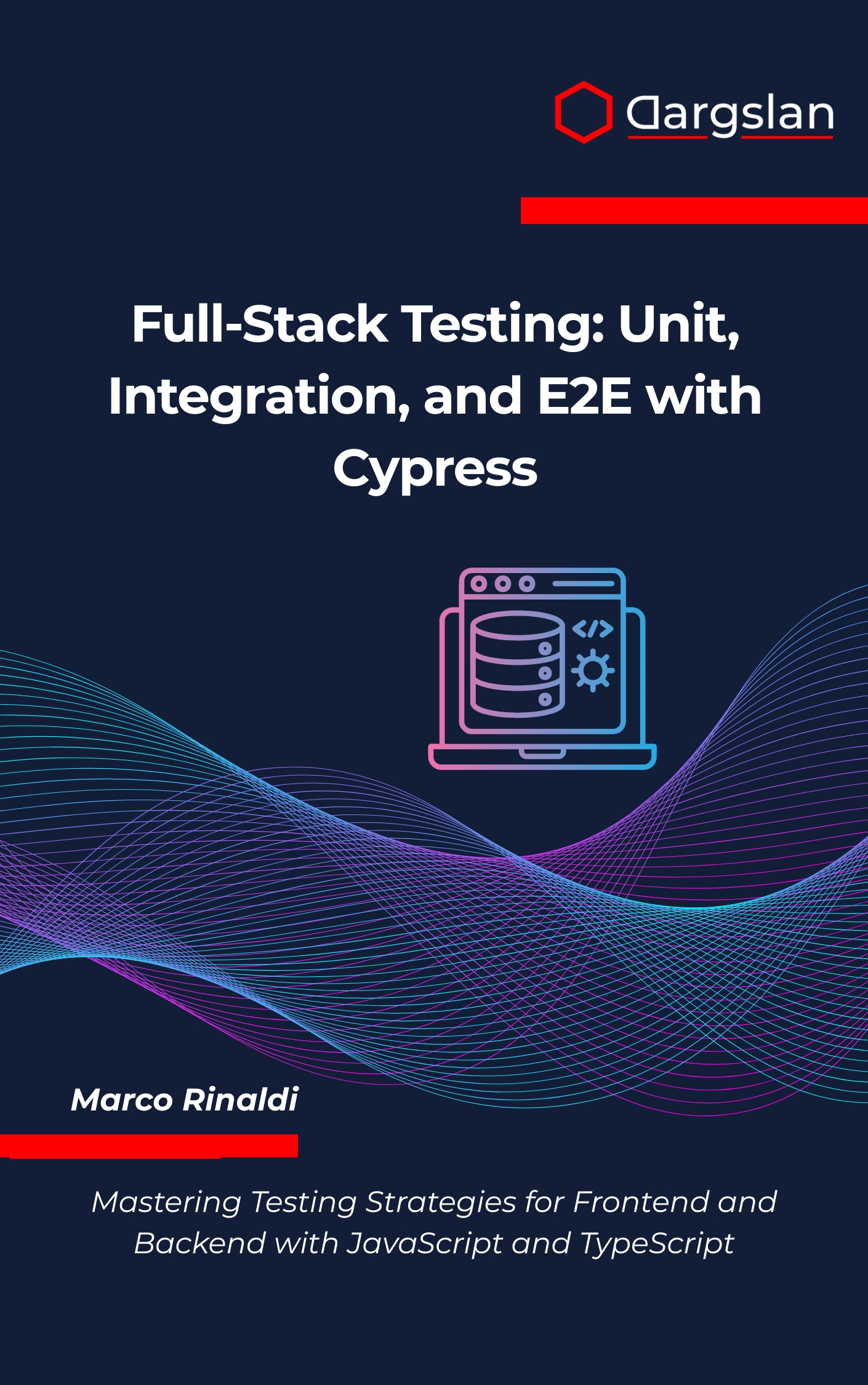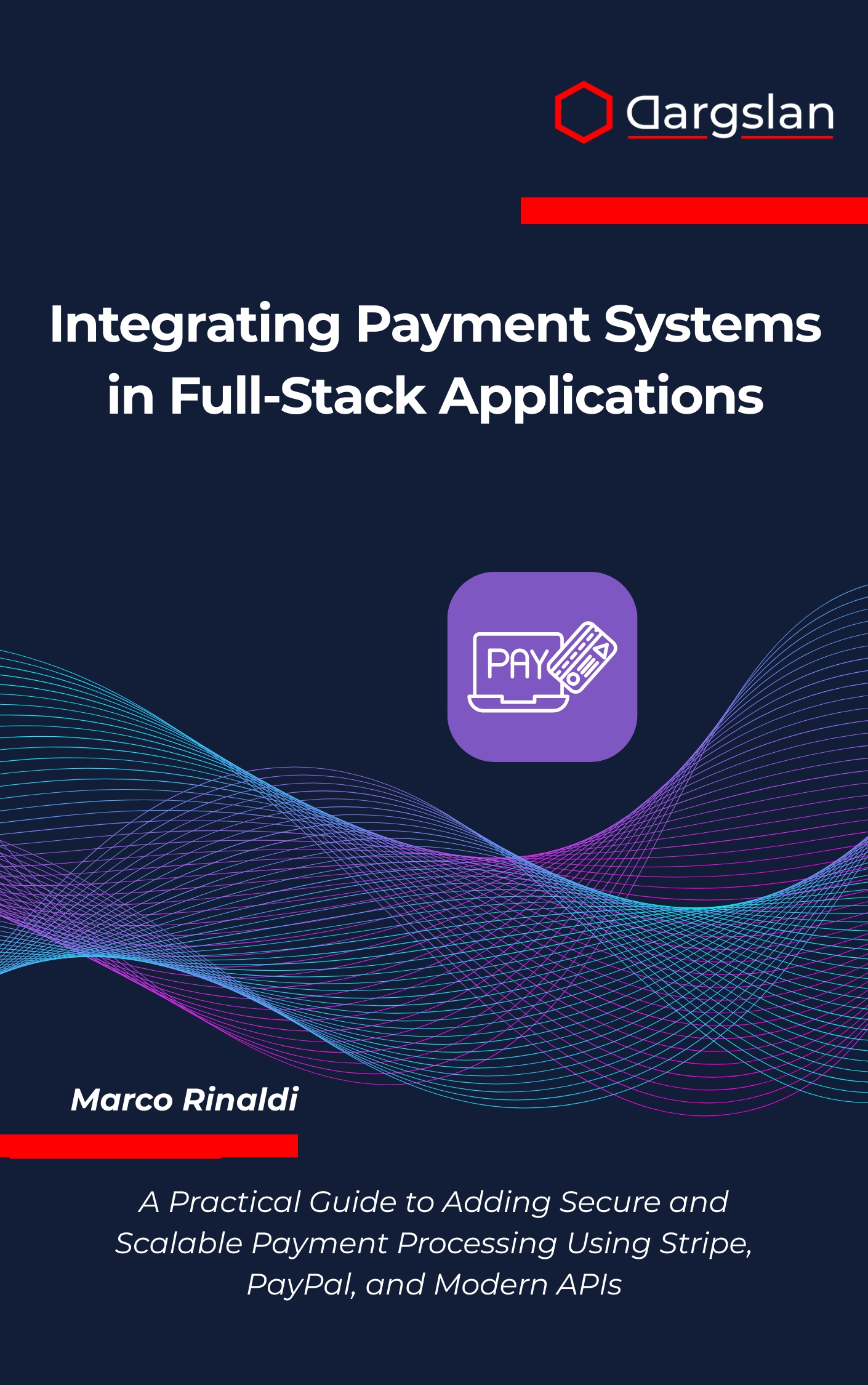Functional Programming in Python
Python for Linux Automation: Transform Your Linux Administration,Automate Linux tasks and workflows with Python for system administrators.
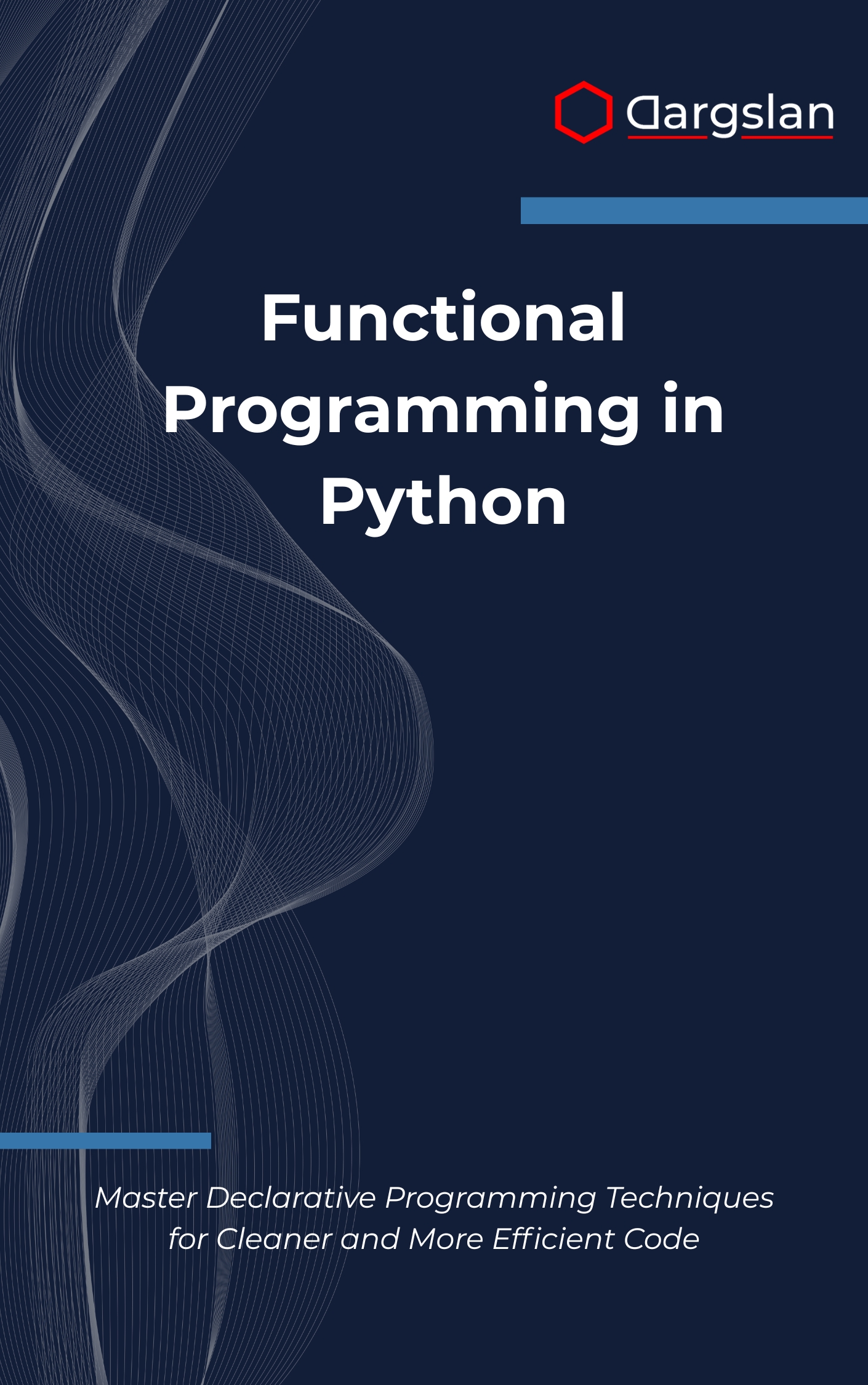
Ready to write Python that’s easier to reason about, faster to test, and a joy to maintain? This book shows you how to think functionally so your code becomes cleaner, more predictable, and delightfully concise.
Whether you’re streamlining a data pipeline or hardening an API, you’ll learn to replace imperative sprawl with focused, reusable functions that scale from small utilities to production-grade systems.
Master Declarative Programming Techniques for Cleaner and More Efficient Code
Overview
Functional Programming in Python is a practical, insight-rich programming guide and technical book that helps you Master Declarative Programming Techniques for Cleaner and More Efficient Code in everyday Python. You’ll learn how functional thinking elevates code quality through pure functions, immutability, higher-order functions, lambda expressions, map filter reduce operations, recursion patterns, closures, function factories, decorators, function composition, iterators, generators, list comprehensions, generator expressions, the functools module, the itertools library, functional error handling, data processing pipelines, testing functional code, performance optimization, and functional design patterns—making this IT book a go-to reference for modern, professional development.
Who This Book Is For
- Intermediate Python developers who want cleaner architecture: discover how to replace state-heavy classes with composable functions that are simple to test, easy to reason about, and ideal for collaborative codebases.
- Data engineers and analysts seeking reliable pipelines: apply functional transforms, lazy iterators, and generator expressions to process large datasets efficiently while reducing side effects and runtime surprises.
- Software architects and team leads aiming for maintainability: leverage functional design patterns, higher-order utilities, and disciplined error handling to build systems that scale without sacrificing clarity.
Key Lessons and Takeaways
- Adopt pure functions and immutability to cut bugs at the source: isolate behavior, limit shared state, and gain predictable outputs that make testing and refactoring markedly easier.
- Compose elegant pipelines with map, filter, and reduce: transform messy loops into readable data flows, then enhance them with the itertools library and generator expressions for memory-efficient processing.
- Use decorators, closures, and function factories to encapsulate cross-cutting concerns: implement caching, timing, validation, and logging without entangling core business logic.
Why You’ll Love This Book
The writing is clear, concise, and practical, turning advanced ideas into approachable patterns you can deploy immediately. Each concept is paired with real-world examples that mirror common problems in analytics, web services, and automation.
You get step-by-step guidance without fluff: from first principles to production-grade techniques, the material builds naturally so you can learn, practice, and apply with confidence. The result is a professional toolkit that saves time and reduces maintenance costs.
How to Get the Most Out of It
- Start with fundamentals, then iterate: begin with pure functions, immutability, and higher-order functions before tackling decorators and function composition. Revisit early chapters as you adopt the functools module and itertools library in later practices.
- Apply concepts to your existing code: refactor one imperative loop into a pipeline using map filter reduce operations, then replace mutable structures with immutable data and add functional error handling for safer, more predictable execution.
- Build mini-projects that mirror your domain: create a data processing pipeline using generators and list comprehensions, add memoization with lru_cache for performance optimization, and write targeted tests to validate behavior across edge cases.
Get Your Copy
Transform how you write Python—design smaller, smarter functions that compose into resilient systems. If you want maintainable code and a faster path from idea to production, this book belongs on your desk.

